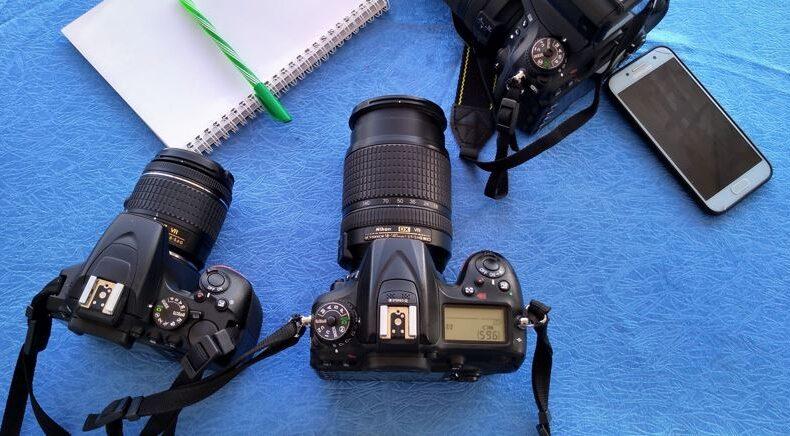Africa-Press – South-Sudan. Rahm Emmanuel said at a Wall Street Journal forum in 2008, “You never want a serious crisis to go to waste.” He was the chief of staff of former US president Barack Obama. Emmanuel was referring to a global crisis that took a swarth and nearly crippled all economies owing to the dire implications of the global financial crisis.
“And what I mean by that is, it is an opportunity to do things you think you could not do before.”
This statement made by Emmanuel was not something new, but it was just a reminder to us of what has been in existence in the society of yesterday and today. In our own society, we also have people among us who often take advantage of situations to their benefit. Many times we only talk about politicians, but even medical doctors, journalists, and the military do take advantage of a crisis.
We have seen in war-torn countries like South Sudan, several institutions and individuals always use the crisis, and do not waste it to make their ends meet. Some take it as their job to point out the opportunities that can be found during a crisis.
Let me give you some insights into how a crisis can become an opportunity. For instance, the media has been facing challenges regarding freedom of speech and access to information, which some media practitioners have turned into a crisis to benefit from.
The most important thing one should take into account is that there is no story worth dying for, and this has been a module of risk assessment in journalism. Unfortunately, some of us ignore the risk assessment and go-ahead to do the untouchable to seek sympathies in reward for asylum. Sometimes you have to be mindful of the environment you are in to enable you to work within its limits and appropriately.
The increasing number of resources for journalists around the globe who are looking for better protection due to the increasingly hostile environment for the media should not lure you into trouble simply because you want to meet the requirement. It is very important to always conduct a risk assessment before doing something, because not all crises may work in your favour.
In whatever we do, we need to be mindful of our responsibility to society as the media, but equally, this does not mean censorship or compromising on media roles. There is a lot of internal stress during a crisis, but the most important thing is how to manage it. We have seen that in a time of crisis, some people tend to make false statements to flip the coin to the other side and make people believe them. Some even do it at the expense of their own lives.
For More News And Analysis About South-Sudan Follow Africa-Press






